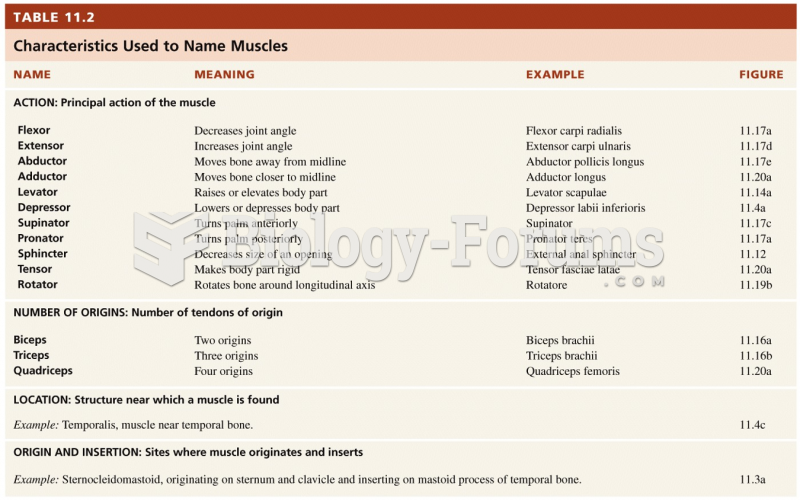On June 15, 1982, Shirley Joyce Speers signed a Last Will and Testament. It named her husband, Ralph Speers, as her executor. It also gave her daughter, Sherry Arlene Ross, her household furnishings and appliances, and her son, Daniel Eugene Speers, her livestock. Her husband was named the beneficiary of the rest of the estate, provided he paid the estate's expenses. If he failed to do so, his share went to their children and grandsons. The will was probably witnessed and signed, but not notarized. The witnesses did not see any lines or strikeouts in the will when they signed it. Shirley died on April 20, 1997, and the will was found with strike-outs that eliminated the gifts to her husband. Which of the following occurs as a result?
A)The will is admitted to probate as it was originally executed.
B)The will is admitted to probate with all the terms except those that are crossed out.
C)The will cannot be admitted to probate.
D)None of the above
Question 2
In constructing the railroads in the United States, thousands of landowners granted the federal government easements for the placement of railroad tracks. As rail travel declined, many of the routes were no longer used. Many of the railroad tracks were dismantled formally by cities and towns and many were dismantled informally by those seeking to utilize the iron from the tracks and the wooden ties. In some cases, the tracks were turned into bicycle paths that have served recreational and commuter needs. What are the rights of the cities and towns that removed the rails and converted the easements to bike paths?
A) If the easements were granted only for rail use, then they have no rights.
B) Since the easements were abandoned, they own the trails and the right of way.
C) If the easements were granted only for rail use, but they have compensated the landowners, then they own the trails and the right of way.
D) They have a license within an easement.







